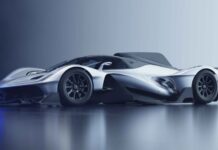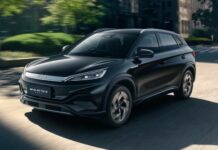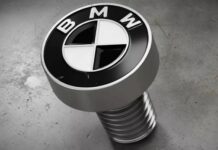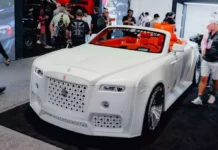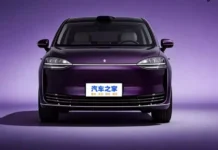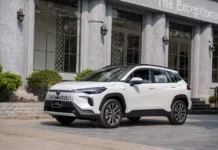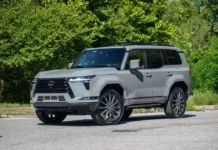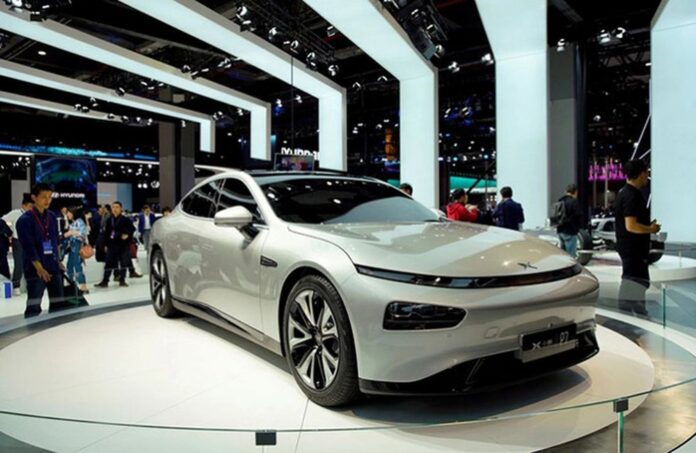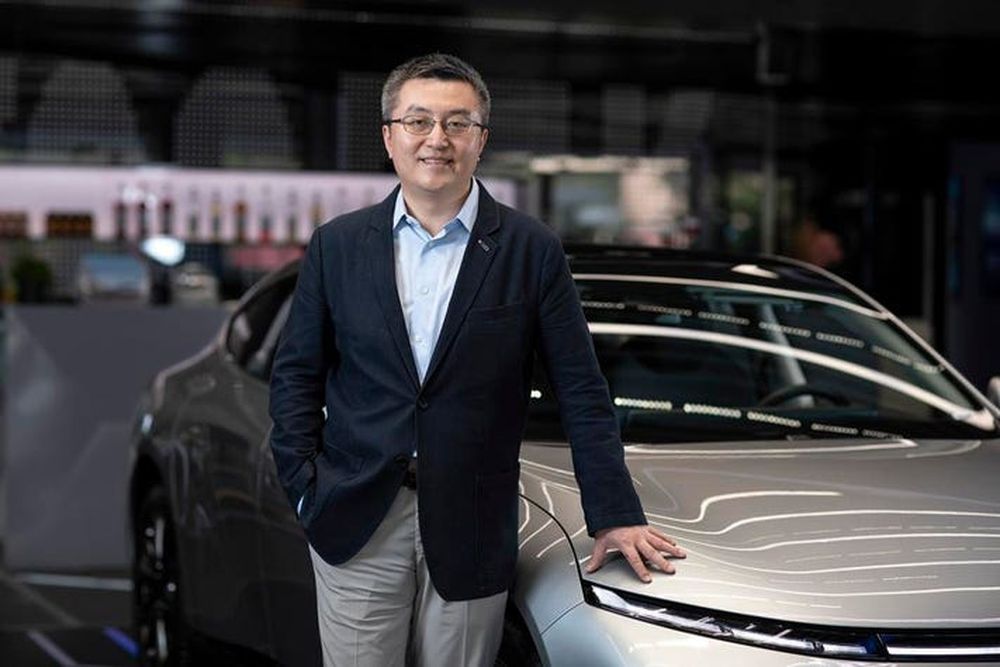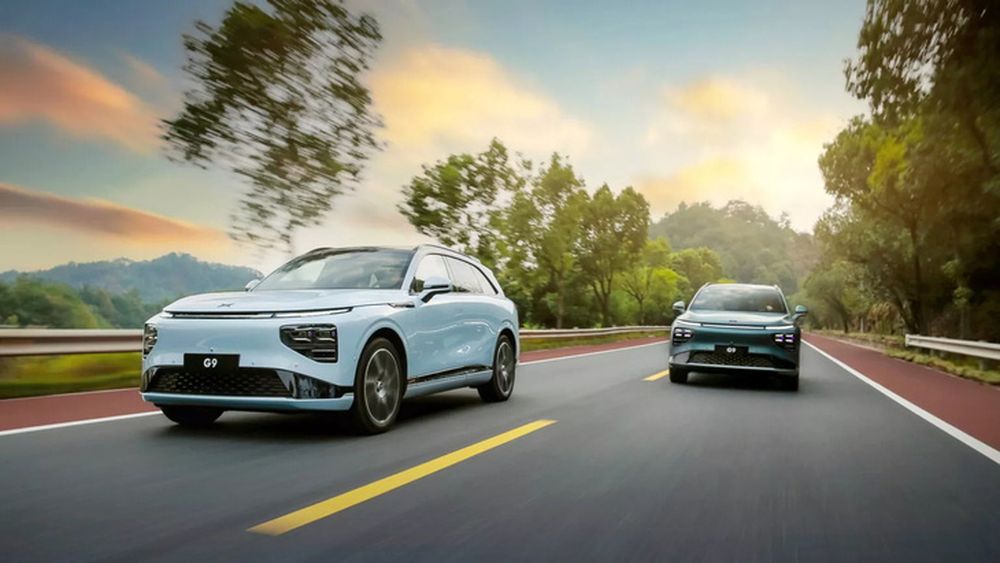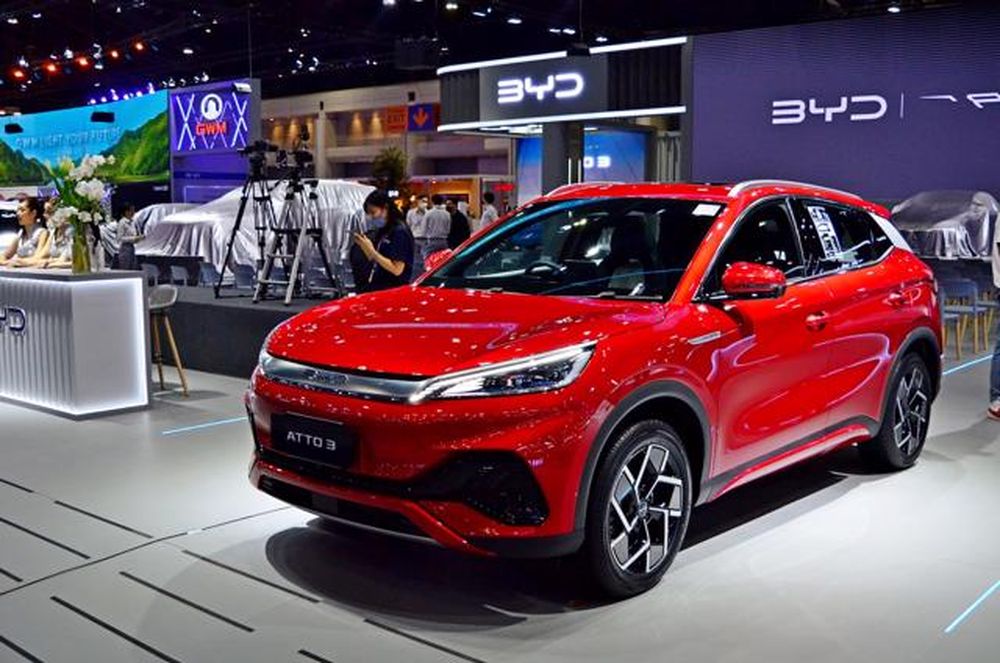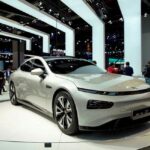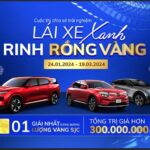Chinese car manufacturers must expand their global market share in order to avoid being phased out of the industry.
The competition in electric vehicle development is expected to intensify in the near future, and Chinese car manufacturers cannot solely rely on the domestic market to survive. In an interview with the Financial Times, Brian Gu, Vice Chairman of electric car company Xpeng, stated that Chinese brands need to sell approximately 3 million cars per year to thrive in the next decade. He acknowledged that this is a challenging goal, as even Tesla only achieved 1.3 million car sales in 2022.
Brian Gu also believes that competition for market share in the electric car industry will lead to many car companies being acquired or going bankrupt, resulting in a much smaller market in the future. “In 5 to 10 years, the world will become a much more consolidated market. I believe the number of global car brands may decrease to below 10,” said the Xpeng executive.
This somewhat pessimistic prediction comes at a difficult time for Xpeng and the Chinese car industry in general. Xpeng is currently the 12th largest electric car manufacturer in China, and the brand’s rapid growth is largely attributed to support from the technology conglomerate Alibaba. Xpeng sold over 120,000 cars in 2022 but experienced nearly a 50% decline in sales in the first quarter of this year due to Tesla’s significant price reductions on multiple models.
China is currently the largest electric car market globally, accounting for 50% of global electric vehicle sales last year. As the second most populous country in the world, China is home to 99 different car brands offering a wide range of models in terms of design, price, and quality. The market’s flexibility allows consumers to find affordable electric cars starting from $5,000, as well as more expensive models priced at $90,000 and above.
Currently, domestic companies dominate 81% of the Chinese electric car market, including top companies like BYD, Wuling, Chery, Changan, and GAC. Foreign companies such as Tesla and Volkswagen account for the remaining 19%.
Thái Son (Tuoitrethudo)
VinFast Charging Station Achieves 3.5 km/station Density in 80 Cities Nationwide
VinFast’s charging station network has expanded significantly in major cities and central areas, providing coverage in all 63 provinces and on 106 national highways. With a dense density of charging stations only 3.5 km apart in 80 out of 85 cities nationwide, VinFast is ensuring convenient access to charging for electric vehicle owners.

